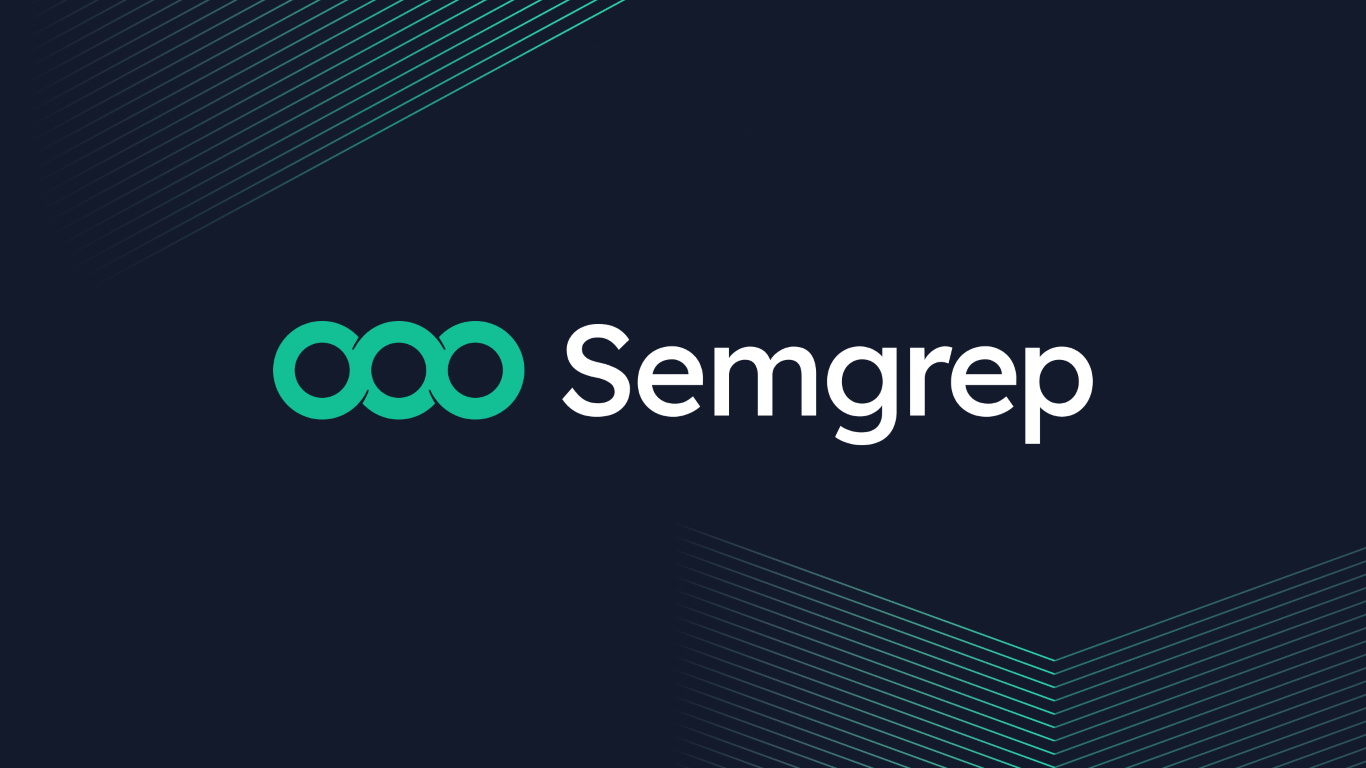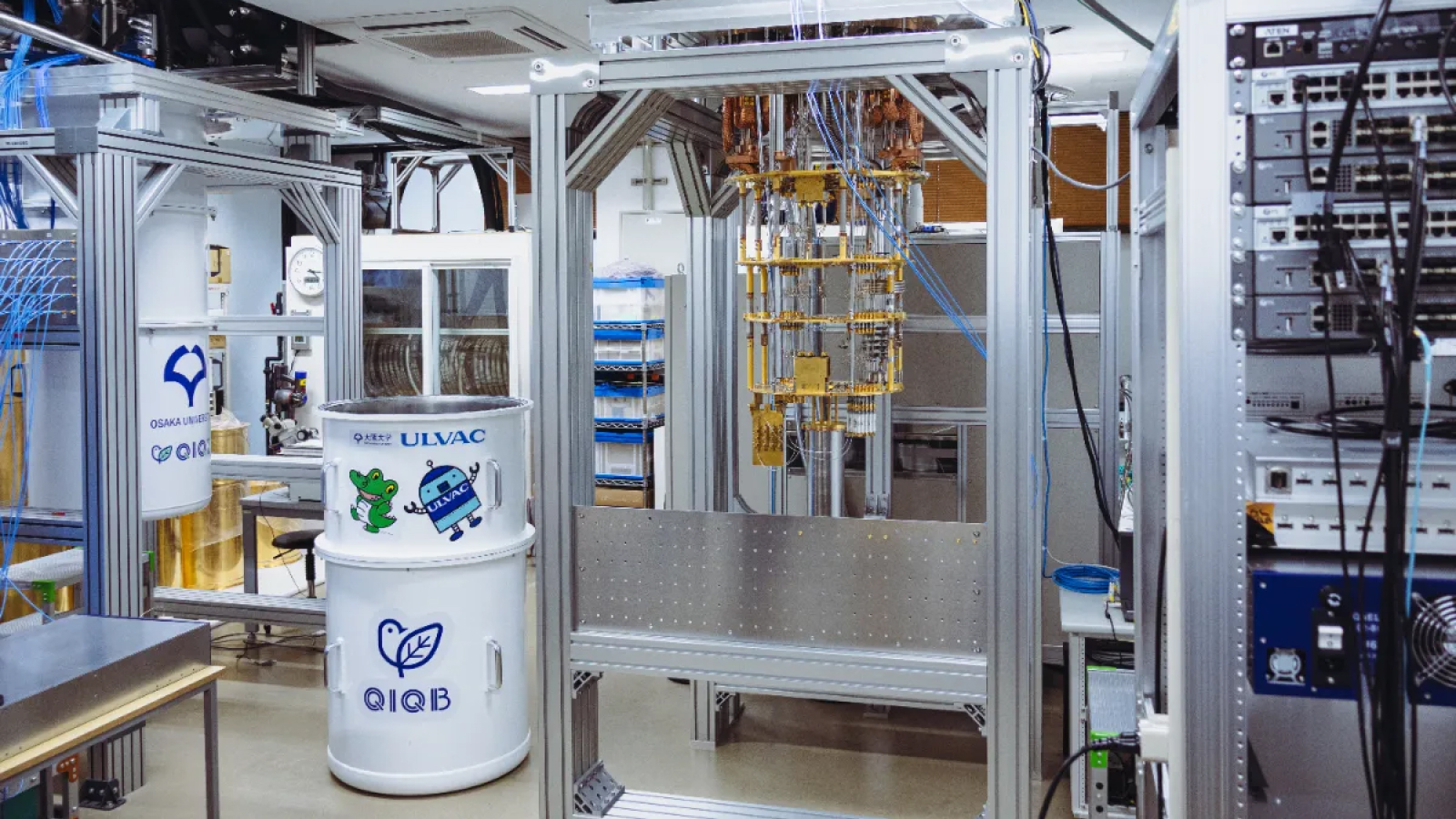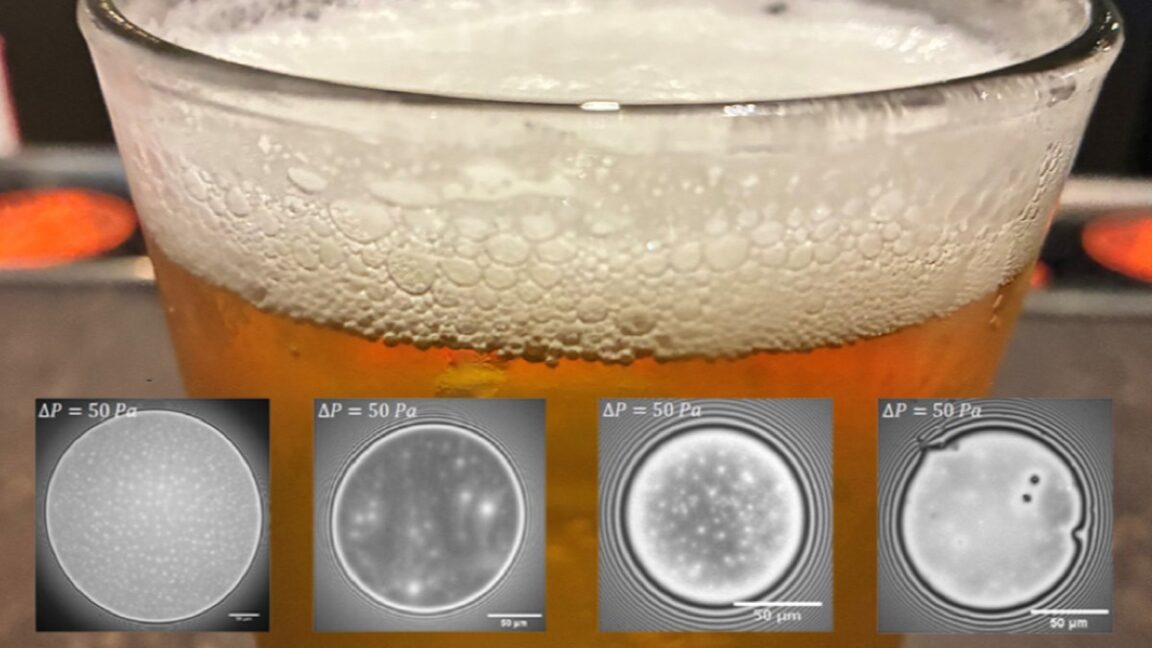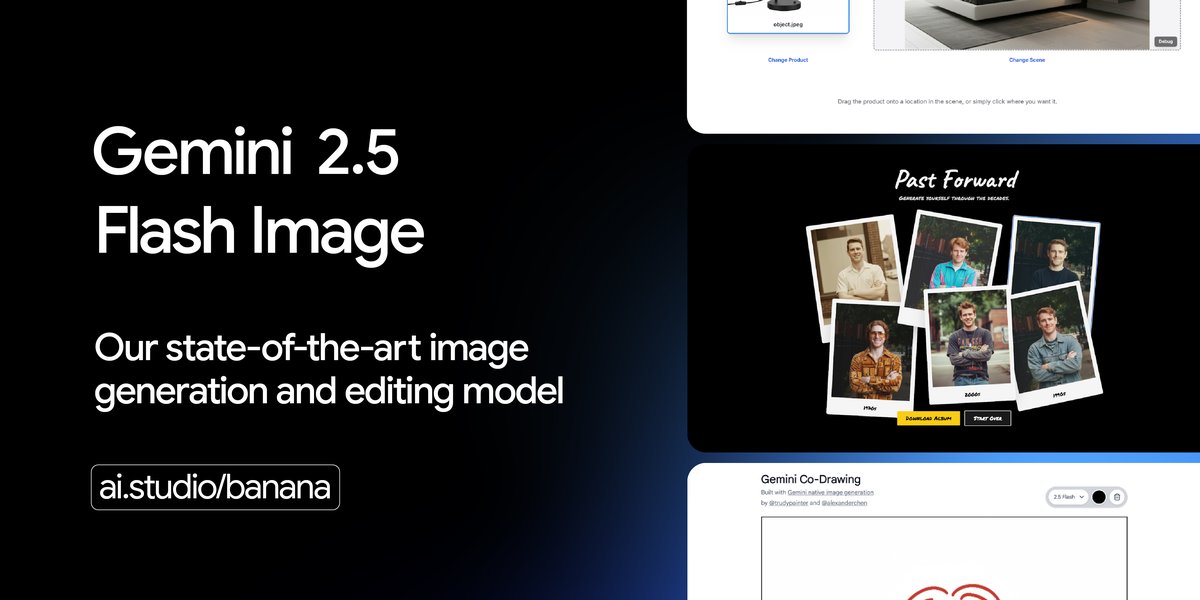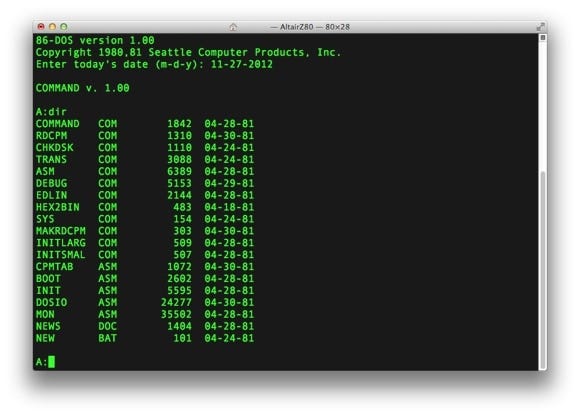Firefox Privacy Checklist: Enhance Your Privacy

This checklist guides you through optimizing Firefox's privacy settings. The author prefers Firefox over Chromium-based browsers like Brave due to Mozilla's non-profit nature and commitment to open source. It details how to improve privacy via settings and extensions, including accessing settings and using about:config (with a cautionary note). The author welcomes suggestions for improvement.
Read more



